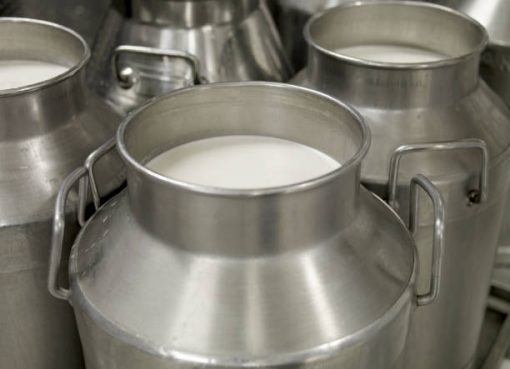The County Government of Nakuru has intensified campaigns, to have small scale farmers adopt climate-smart innovations and technologies, to help reduce production costs and boost food security.
County Executive Committee Member (CECM) for Agriculture, Leonard Bor, said they were prioritizing sustainable farming practices policies and budget, to build resilience against climate change shocks and ensure food and nutrition security.
Bor said his Department in collaboration with various State agencies, local and international firms and research institutions are building the capacity of both smallholder and large scale farmers in practicing sustainable agriculture to improve crop yields, stimulate the economy and help mitigate climate change.
He reiterated the County government’s commitment to increase the acreage under irrigation to move the devolved unit away from rain-fed farming adding that only 17 per cent (0.986 million hectares) of agricultural land in Kenya could be sustained by rain annually.
“Our target is to increase the acreage under irrigation from the current 1000 hectares to 2,500 hectares across the county,” said Bor.
He noted that a lot of productive land in arid and semi-arid areas remained unproductive during the dry season, adding that were the land put under irrigation, food production could increase and food shortages reduced.
The CECM revealed that the County administration was using various forums, including farmers’ field days, to disseminate information to farmers to address climate change challenges with the ultimate goal of translating the information, knowledge and new technologies into increased incomes for smallholder farmers and help alleviate poverty.
Speaking during the unveiling of a climate-smart irrigation pump developed by Kickstart International Limited, the CECM observed that climate change has different effects on different geographical regions and crop performance, and stated that vulnerable populations were likely to be the most negatively affected.
“The growing urban populations in Africa drive up the demand for food and this could be achieved if smallholder farmers embrace climate-smart agricultural practices which will cushion them against climate change challenges like drought, floods, pests and diseases”.
The CECM indicated that the 2022-2026 Climate Smart Agriculture Multi Stakeholder Platform strategic plan (CSA-MSP) spearheaded by the national government, aims to equip farmers with adaptation practices on climate action geared towards increased food production and reducing food prices.
He assured residents that the County government will continue collaborating with other public and private sector partners to ensure farmers access crop varieties that are resilient to drought.
Bor stated that the County government had entered into partnerships geared towards building resilience among smallholder farmers and pastoral communities that depend on rain-fed agriculture through scaling up climate-smart agricultural practices, strengthening climate-smart agricultural research and seed systems, and supporting agro-meteorology and advisory services.
He said sustainable agriculture was about increasing profit, protecting the environment, enhancing the quality of life for farming communities and increasing production for human food and fibre needs.
Mr Bor listed some of the climate smart agriculture practices as development and use of drought and heat tolerant crop varieties, finding use for waste products from crops, training on the costs and benefits of crop insurance, reduction of post-harvest losses through support of agricultural machinery, adoption of biological pesticides for green gram farmers, conservation of agriculture practices such as zero tillage, and mulching, adoption of a warehouse receipting system and making use of waste material for biogas.
“For pastoralists, the practices entail shifts in herd composition from cattle to goats and/or camels, while in dairy farming it involves providing feed supplementation to increase productivity, providing of adequate water, improving collection systems to reduce spoilage and biogas systems to provide household energy and reduce emissions from manure,” he explained.
Kickstart International Limited Chief Executive Officer, Dr Martin Fisher, said that Kickstart International Limited would continue promoting climate-smart irrigation technologies, which enable smallholder farmers to cope with climate change, increase yields, and incomes, and provide a path out of poverty.
By Esther Mwangi and Branice Amunga




